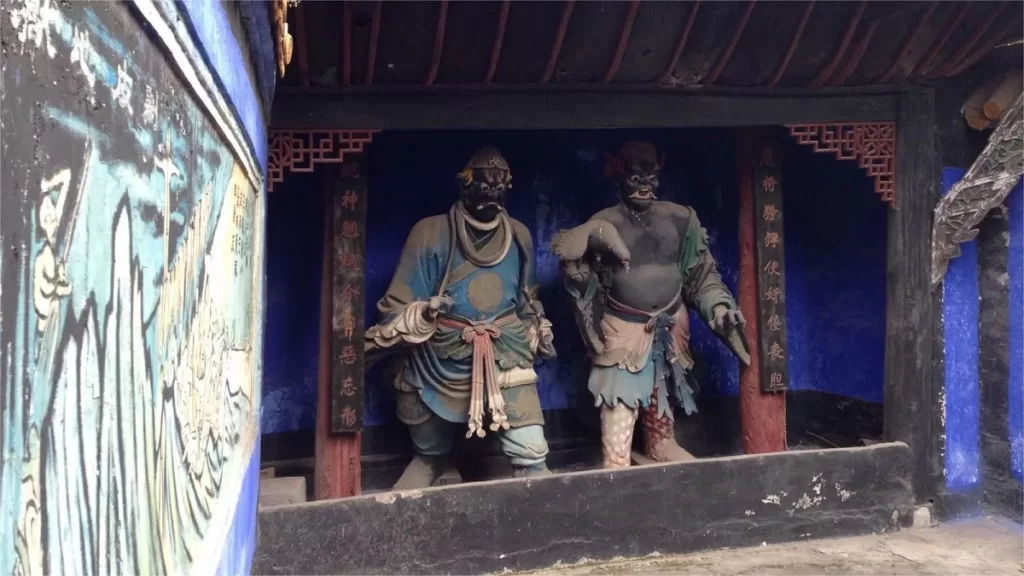Fengdu, often referred to as the “Ghost City,” is a unique and culturally significant destination in China, particularly known for its association with Chinese folklore and mythology. Here are the details explaining why Fengdu is called a Ghost City:
- Mythological Origins: Fengdu’s reputation as a Ghost City can be traced back to Chinese mythology, particularly to Daoism and Buddhism. According to legend, Fengdu was originally named “Fengdu Shan” or “Mount Fengdu.” It is believed that two officials from the Han Dynasty, Yin Changsheng and Wang Fangping, who were practicing Taoist immortality, came to the mountain to cultivate their skills. Over time, they became immortals and were granted the status of gods of the underworld. Fengdu then became associated with the afterlife and the spirits of the deceased.
- Gateway to the Afterlife: Fengdu is often described as the “Gateway to the Afterlife” or the “City of Ghosts” because it is believed to be the place where spirits or souls go to be judged before they can move on to the afterlife. This concept is similar to the Western idea of purgatory, where souls are tested and judged for their deeds in life before being sent to their final destination, whether it’s heaven or hell.
- Taoist and Buddhist Influences: Fengdu’s spiritual significance is deeply rooted in Taoist and Buddhist beliefs. The city features numerous temples, shrines, and statues dedicated to the gods and deities associated with the afterlife. Visitors can explore these religious sites and learn about the rituals and ceremonies performed by Taoist and Buddhist practitioners to guide the souls of the deceased.
- Ghostly Art and Sculptures: Fengdu is known for its eerie and ghostly sculptures and artworks. Many of the sculptures depict grotesque demons, mythical creatures, and spirits. These sculptures are meant to represent the various trials and tribulations that souls must undergo on their journey through the underworld. The most famous of these sculptures is the “Ghost King” statue, which is said to be the ruler of the underworld.
- Tourism and Entertainment: Over the years, Fengdu has also become a popular tourist attraction. Visitors come to experience the unique cultural and spiritual aspects of the city. There are various themed attractions and tours that offer insights into the afterlife beliefs and practices of ancient China. Some tourists even participate in rituals and ceremonies to better understand the spiritual significance of the city.
In summary, Fengdu’s reputation as a Ghost City stems from its deep-rooted connection to Chinese mythology, religion, and folklore. It is considered a place where the worlds of the living and the dead intersect, making it a significant cultural and spiritual destination in China. While it may be called a “Ghost City,” it is primarily a place for cultural exploration, religious practices, and tourism rather than a literal city inhabited by ghosts.
Other facts about Fengdu Ghost City:

